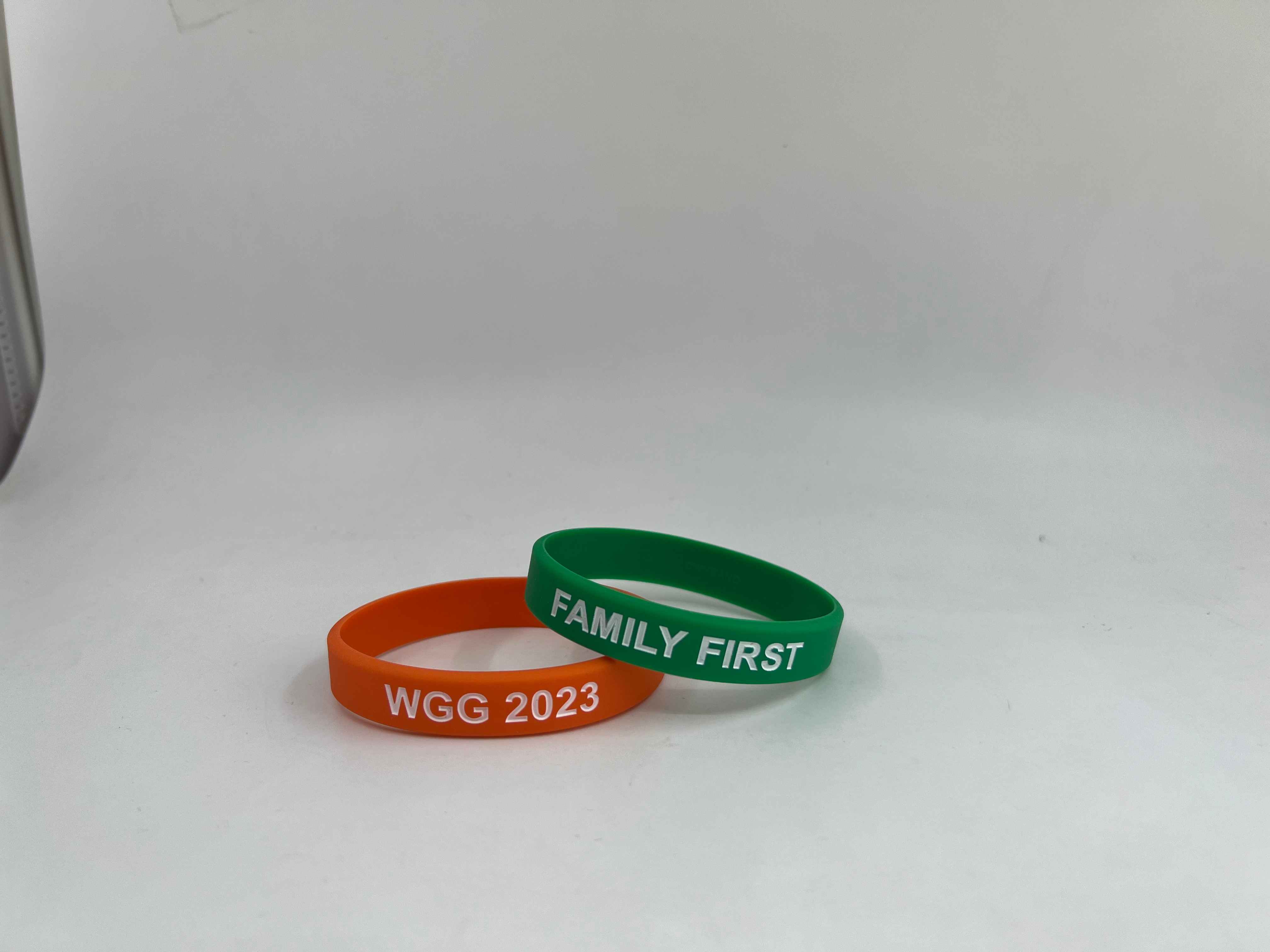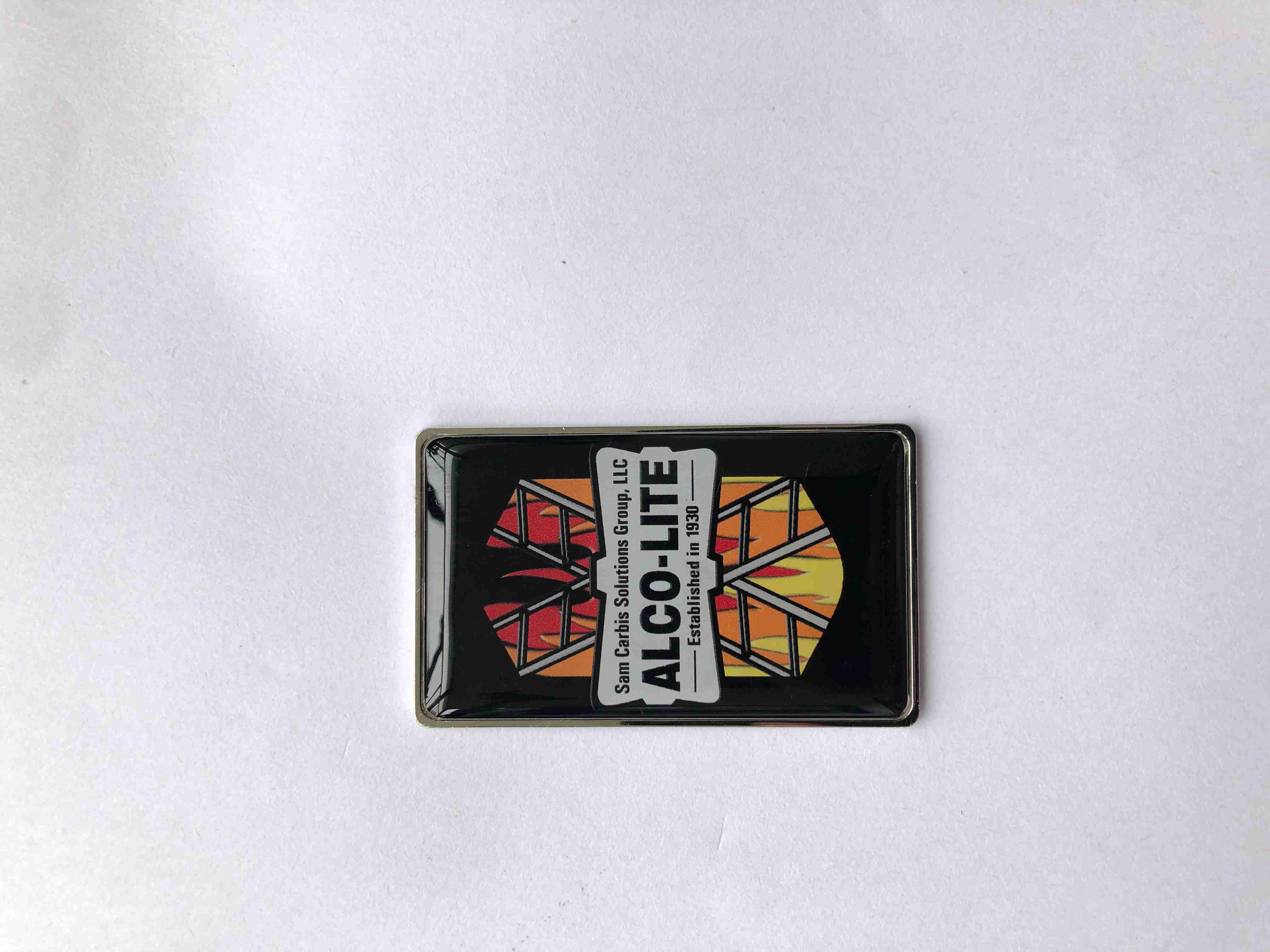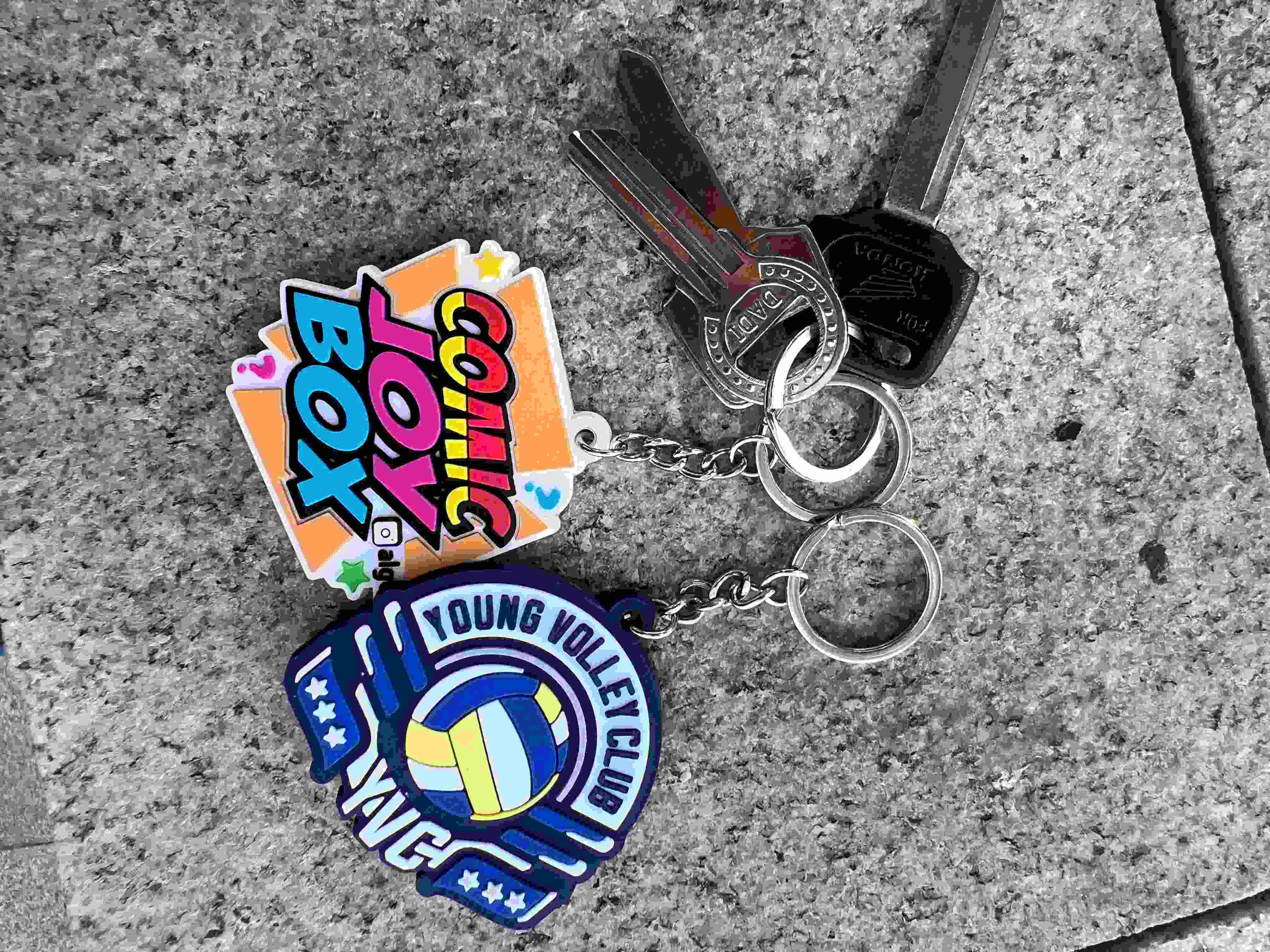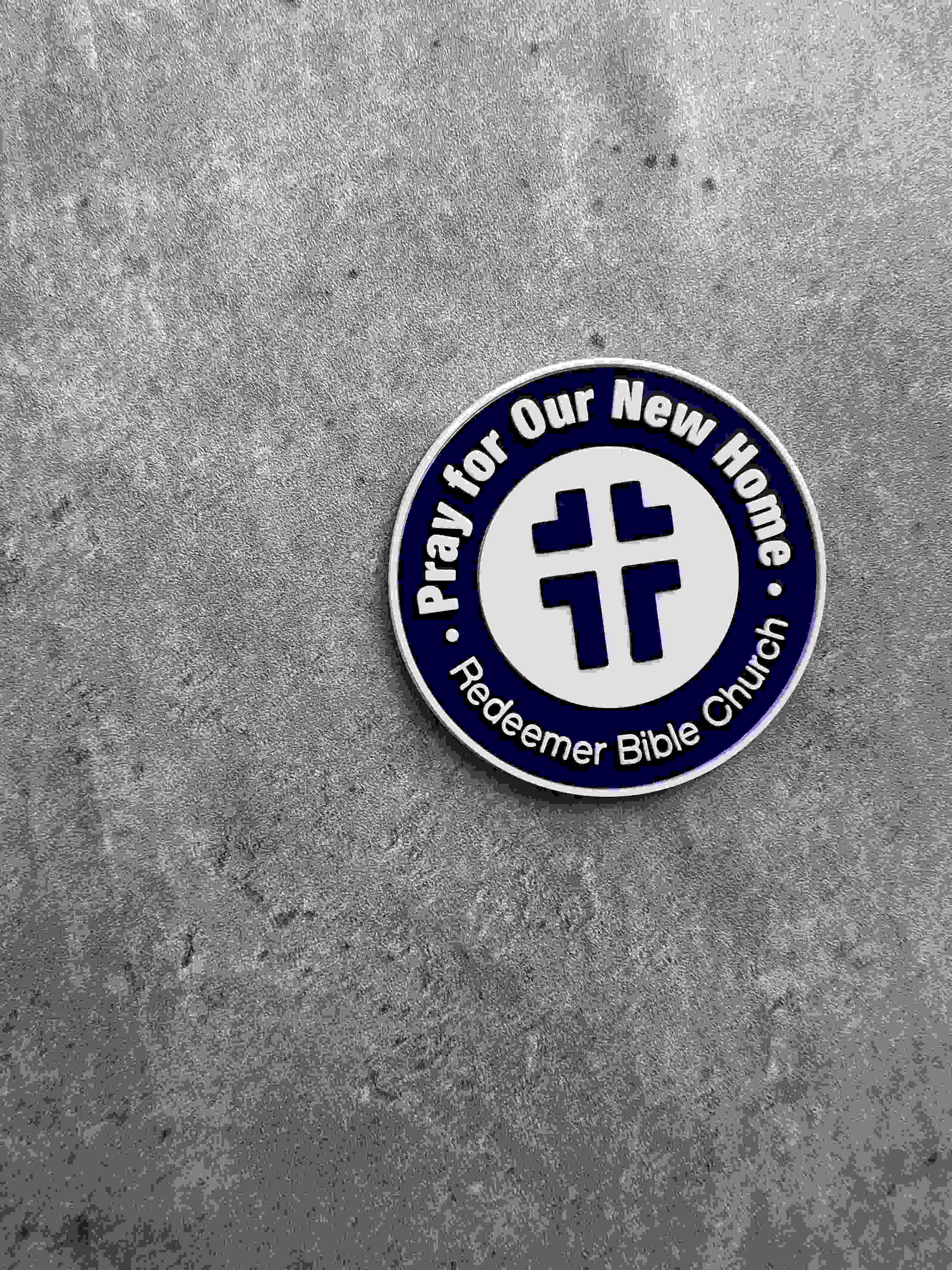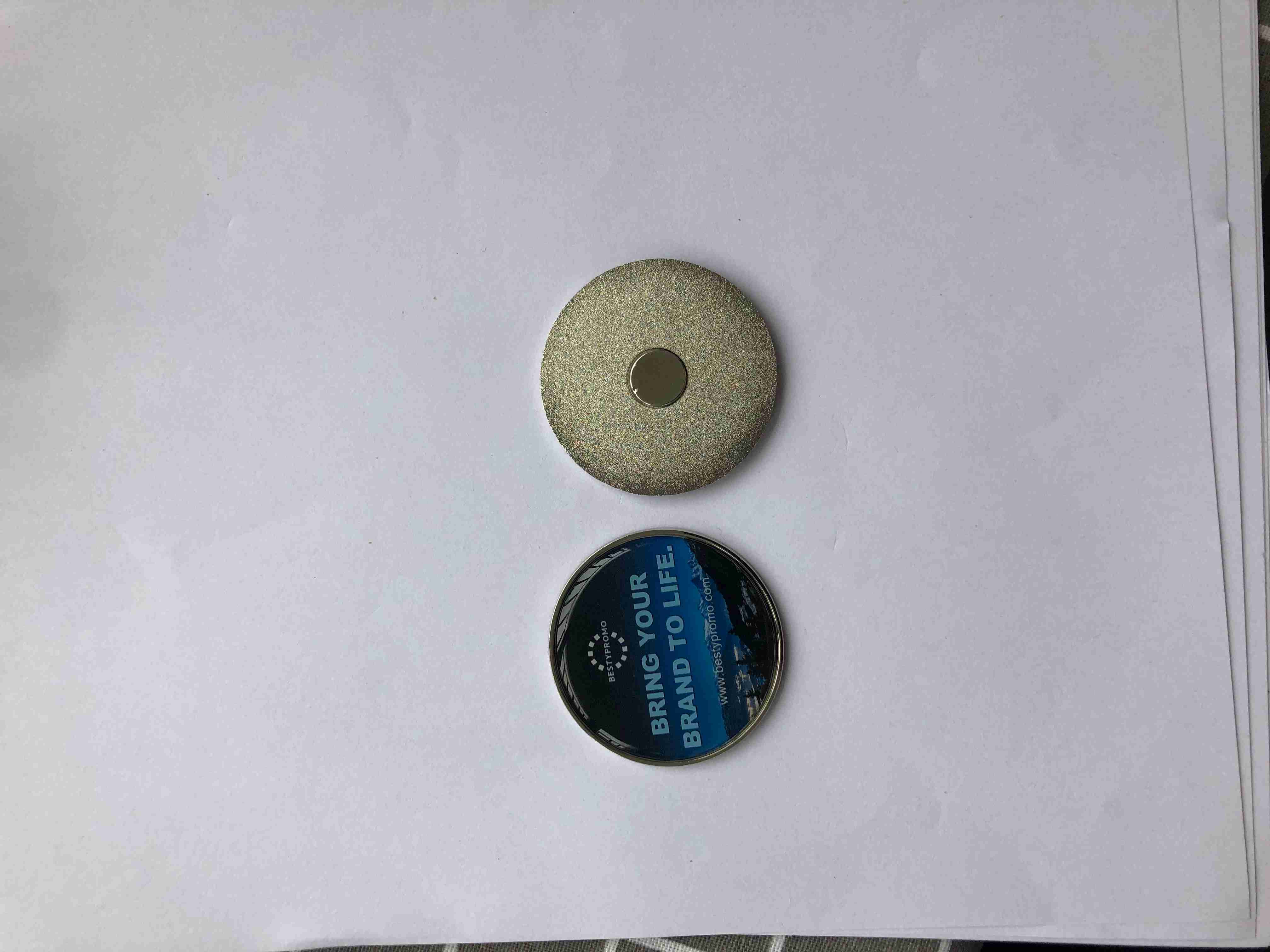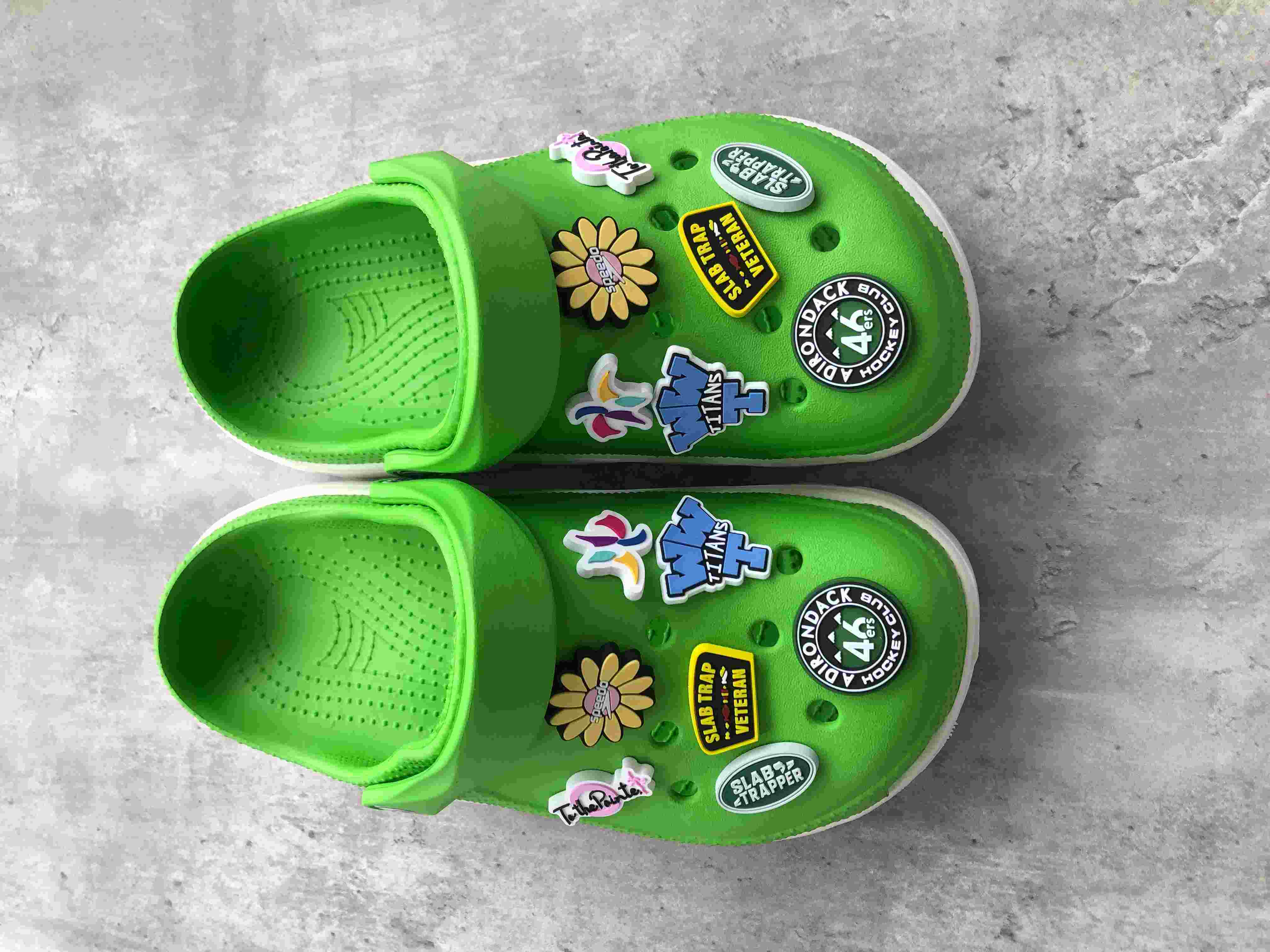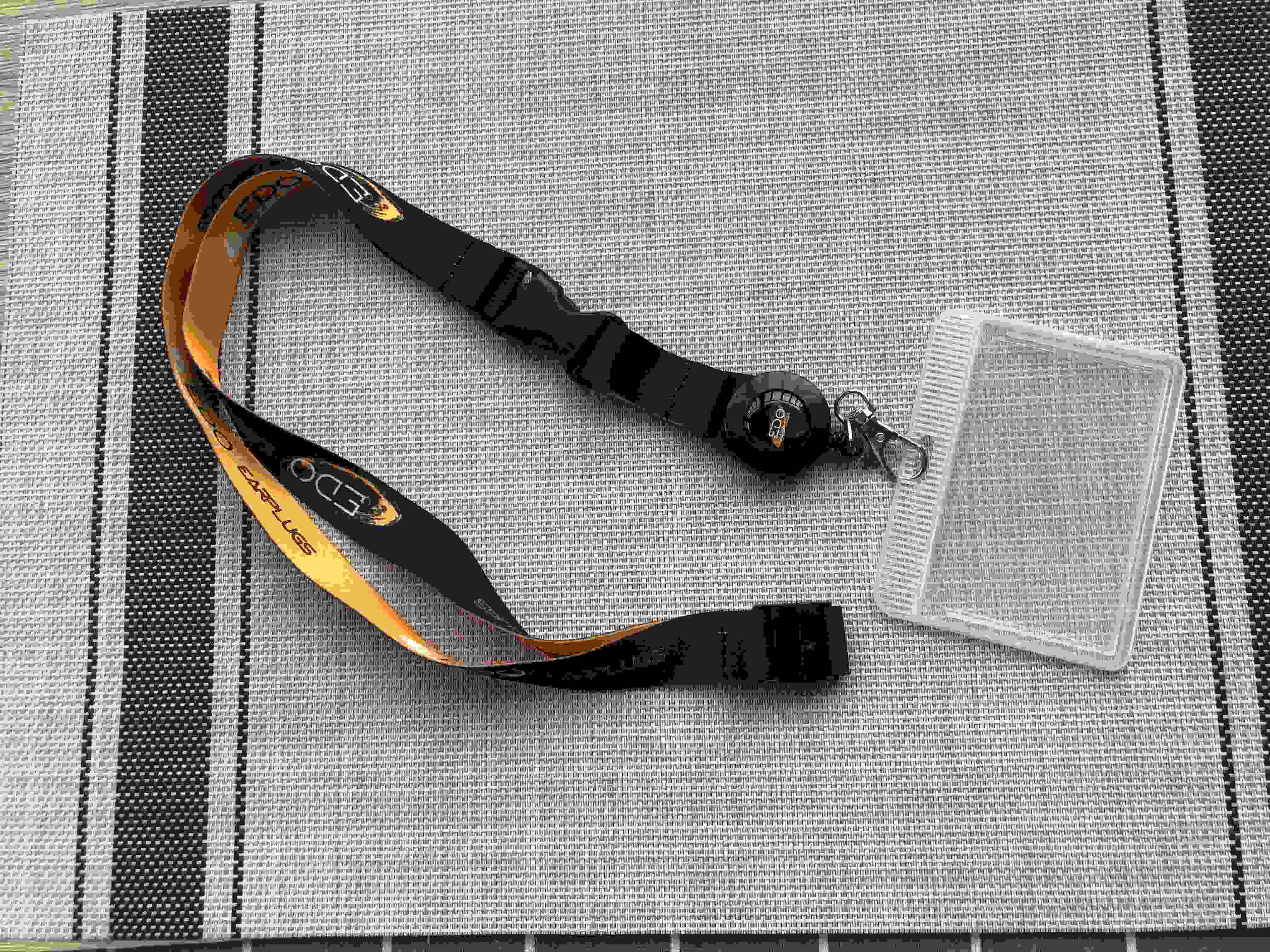Introduction
Custom hospital wristbands and medical labels are essential components in modern healthcare environments, serving to improve patient identification, enhance safety protocols, and streamline medical workflows. PDC Healthcare, a leader in healthcare identification solutions, provides customizable wristbands and labels that meet the rigorous demands of hospitals and medical institutions. This article delves into the key advantages of these products, explores current industry trends, and highlights how PDC Healthcare addresses market needs through case studies and expert feedback.
Key Selling Points and Advantages
Custom hospital wristbands and medical labels are indispensable in ensuring patient safety and reducing medical errors. The offerings from PDC Healthcare stand out due to the following key features:
Enhanced Patient Identification: One of the primary roles of hospital wristbands and medical labels is accurate patient identification. PDC Healthcare wristbands are customizable, allowing healthcare providers to include patient names, unique identification numbers, allergy alerts, and other critical medical information. This reduces the risk of errors during patient care, such as administering incorrect medications or treatments.
Durability and Comfort: Hospital wristbands from PDC Healthcare are made from high-quality, hypoallergenic materials, ensuring patient comfort even during prolonged hospital stays. These wristbands are also durable enough to withstand various environmental factors, including exposure to water and sanitizing chemicals, without compromising the legibility of printed information.
Tamper-Evident and Secure: The wristbands are designed with tamper-evident features, ensuring that any unauthorized attempts to remove or alter the wristband are immediately visible. This adds an extra layer of security, protecting the integrity of patient identification. Medical labels also feature tamper-evident designs, securing patient records, medications, and treatments.
Customizability: PDC Healthcare offers a wide range of customization options for both wristbands and medical labels, allowing hospitals to choose specific colors, sizes, and information formats. For instance, wristbands can be color-coded to denote different patient conditions, such as fall risks or allergies, while medical labels can be tailored to include barcodes or QR codes for easy integration with electronic health record (EHR) systems.
Integration with Digital Systems: With the rise of digital healthcare systems, wristbands and labels from PDC Healthcare can be seamlessly integrated into hospital EHR systems. This allows for quick scanning and updating of patient information, further reducing the chance of human error and improving workflow efficiency in fast-paced medical environments.
Meeting Market Demand and Platform Advantages
The global demand for hospital wristbands and medical labels is rising as healthcare providers seek ways to improve patient safety and operational efficiency. According to a 2023 report, the global market for healthcare wristbands is expected to reach $650 million by 2028, with the medical labels market projected to follow similar growth trends. This demand is driven by increasing regulatory requirements for patient safety and the adoption of digital technologies in healthcare.
PDC Healthcare is well-positioned to meet this demand through its customizable solutions. The platform offers user-friendly tools that allow hospitals and healthcare providers to quickly design and order wristbands and labels that align with their specific needs. The ability to create tamper-evident and secure wristbands in bulk, combined with PDC Healthcare’s reputation for quality, has made it a trusted partner for hospitals looking to improve their patient identification processes.
Furthermore, PDC Healthcare supports hospitals in navigating regulatory standards, such as HIPAA compliance, by providing wristbands and labels that meet the necessary safety and privacy requirements. The company’s expertise in this field ensures that their products not only meet functional demands but also adhere to stringent healthcare regulations.
Case Study: Implementation in a Large Hospital Network
A large hospital network turned to PDC Healthcare to upgrade its patient identification system. The network needed wristbands that could be integrated into its digital health records system, while also providing color-coded options to quickly identify patients with specific needs, such as allergies, fall risks, or special treatments.
PDC Healthcare worked with the hospital’s management team to develop a set of custom wristbands that met all these requirements. The wristbands were equipped with scannable barcodes, allowing healthcare providers to instantly access and update patient information. The hospital also implemented medical labels for medication tracking, ensuring that every patient received the correct dosage and treatment.
The results were immediate. The hospital reported a significant decrease in medication administration errors—down 40% within the first six months of implementation. Furthermore, the wristbands' comfort and durability meant that patients could wear them without irritation, and staff found the color-coded system easy to use, further improving workflow efficiency.
This case study highlights the practical benefits of PDC Healthcare’s custom wristbands and medical labels, showing how they contribute to both patient safety and operational improvements in large-scale hospital settings.
Industry Trends and User Feedback
The demand for customized healthcare identification solutions is growing, driven by the need to improve patient safety and streamline hospital operations. A 2022 survey of healthcare professionals found that 73% of respondents believe that better patient identification tools, such as customizable wristbands and medical labels, significantly reduce the risk of medical errors. This statistic reflects the increasing focus on patient safety, a trend that is pushing hospitals to adopt more advanced identification systems.
User feedback for PDC Healthcare’s wristbands and labels has been overwhelmingly positive. Many healthcare professionals have praised the ease of integrating wristbands with their digital systems, citing the smooth scanning process and the clear, durable print on the wristbands. The customization options, especially the ability to color-code and add specific medical alerts, were also highlighted as major advantages.
However, some users have noted the importance of ensuring that wristband sizes are appropriate for different patient demographics. For example, pediatric patients may require smaller wristbands that still maintain the same level of durability and security. In response, PDC Healthcare has expanded its product range to include wristbands in various sizes, ensuring a comfortable fit for all patients.
Conclusion
Custom hospital wristbands and medical labels from PDC Healthcare play a critical role in improving patient safety, reducing medical errors, and streamlining healthcare workflows. With features like tamper-evident closures, color-coding, and digital integration, these products offer healthcare providers the tools they need to manage patient care efficiently and securely.
As the demand for customized healthcare identification solutions continues to grow, PDC Healthcare remains at the forefront of the industry. Its commitment to quality, customization, and compliance with healthcare regulations ensures that hospitals can trust its products to meet their needs. Whether in large hospital networks or smaller medical facilities, PDC Healthcare’s wristbands and labels offer a reliable and effective solution for improving patient safety and operational efficiency.






